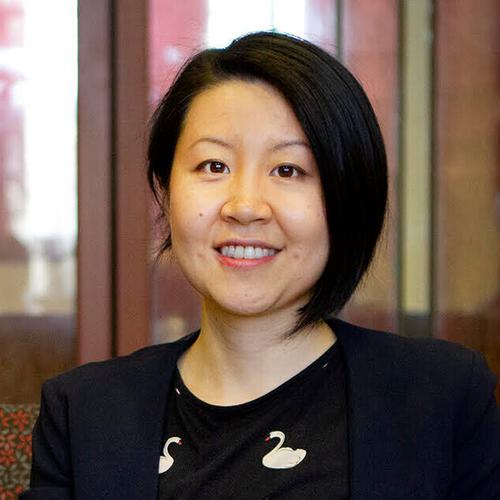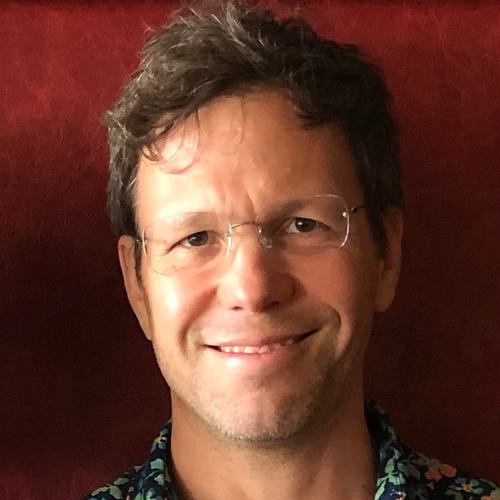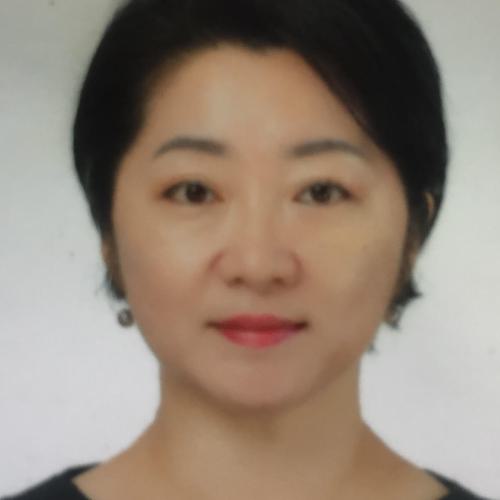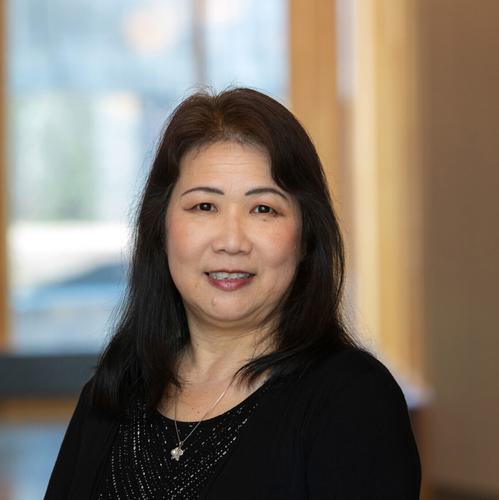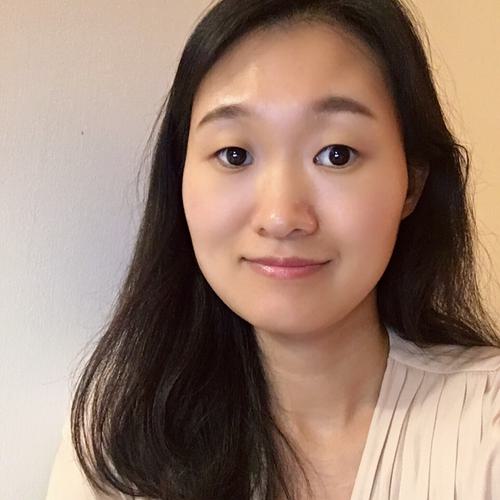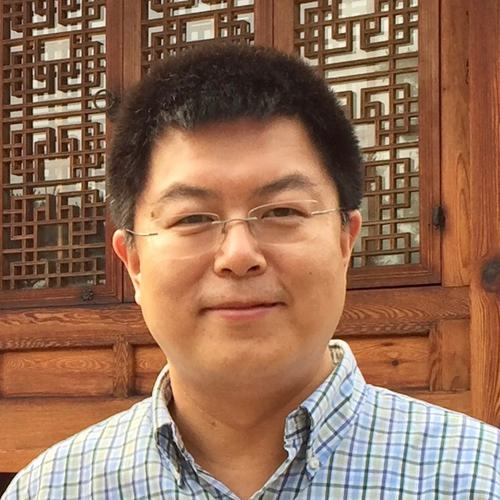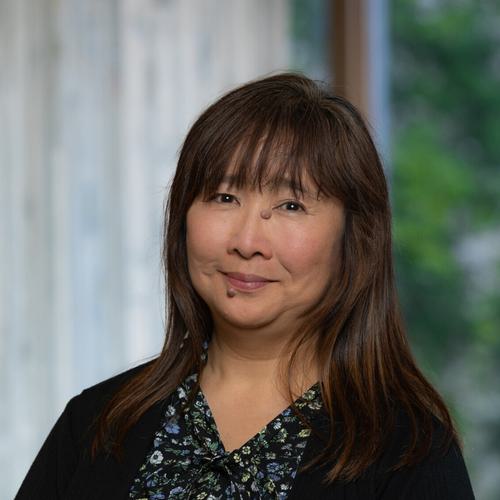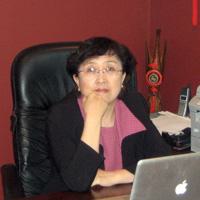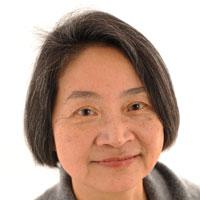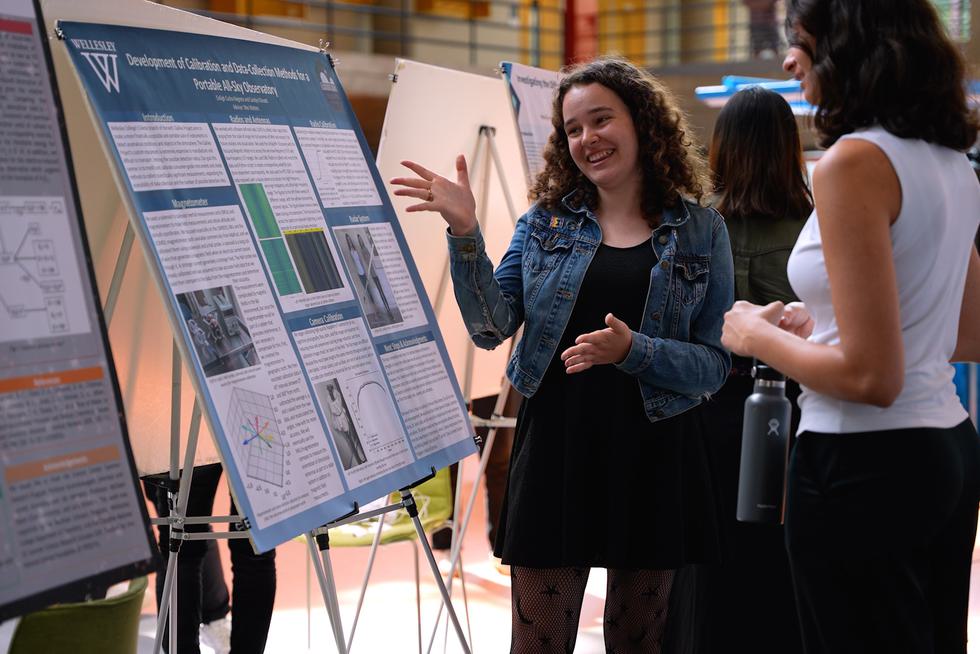East Asian Languages & Cultures
Academic Department Introduction
The languages and cultures of China, Japan, and Korea play a critical role in our increasingly interconnected world. The East Asian Languages and Cultures (EALC) Department offers an immersive study of Chinese, Japanese, and Korean, from beginning to advanced levels. By the fourth year, students are adept readers who are able to express themselves with sophistication on a range of topics, both orally and on the page. In courses taught in English, students learn about all aspects of ancient and modern East Asian culture.
Many EALC students spend a summer, semester, or year abroad in a country where their chosen language is spoken. This opportunity connects students with people in their host countries while immersing them in the language and culture. Many students complete their major or minor credits while abroad, enabling them to take more elective courses (or focus on their other major) when they return to Wellesley.
Learning goals
- Understand literature, articles, social media, film, and other material in the target language.
- Present ideas in the target language.
- Master levels of formality appropriate to specific social and professional settings.
- Understand East Asian classical traditions as well as modern literature and culture.
- Identify salient marks of East Asian national cultures and draw connections among them.
- Assemble research materials in both English and primary language courses.
Programs of Study
EALC major
Students follow one of three tracks: Chinese language and culture, Japanese language and culture, or Korean language and culture. In each track, they learn a language and explore sociocultural practices through coursework and study abroad experiences.
Options for minor
Students majoring in another discipline can minor in Chinese language and culture, Japanese language and culture, or Korean language and culture.
Course highlights
The Girl in Modern East Asian Culture (In English)
EALC236
In East Asia, the rise of the girl in literary and popular culture coincides with the appearance of modernity itself. Beginning with the ‘modern girl,' we move chronologically, exploring coming-of-age tropes in East Asian fiction, manga, anime, and film. How does the objectification of the adolescent girl illuminate issues around ethnicity, national identity, sexuality, even globalization? What national anxieties hover around girls' bodies? We read texts in English translation and explore models of female development that might aid us in our exploration of this cultural phenomenon. Secondary readings include works by Sigmund Freud, Julia Kristeva, Marianne Hirsch, Carol Gilligan, Elizabeth Grosz, among others.
(CPLT 236 and EALC 236 are cross-listed courses.)-
Gateways to East Asia (in English)
EALC221
What does it mean to live life to its fullest capacity - personally, socially and ethically? What does it mean to succeed? To fail? To love? To fight? To dream? In search of answers to these questions, we read the classic foundational texts of China, Japan, and Korea from Confucian and Taoist philosophy to romantic tales, harrowing diaries and exquisitely crafted haiku. Bringing our knowledge as a China and a Japan specialist to bear, we formulate critical perspectives on key works with the goal of understanding East Asian culture as a whole and as different regional expressions. Join us as we explore the complexities of East Asian identity while discovering something about the big questions we all confront today wherever - and whomever - we are. -
Kaleidoscope of East Asian Languages: Exploring Voices, Values, and Cultures
EALC123
This seminar explores linguistic tapestry of East Asia, focusing on the distinct features, structures, and variations that characterize Chinese, Japanese, and Korean. Through lively discussions and hands-on projects, we will examine the unique linguistic and cultural heritages of these languages. From their intricate writing systems and complex grammar to the diverse range of sociolinguistic patterns and dialects, we will uncover the layers that make each language unique. Central to our exploration will be the role of Confucian ideology, the vibrant influence of pop culture, and the transformative impact of AI technology on communication. Through this exploration, students will gain a comprehensive understanding of how language profoundly influences and mirrors the rich diversity of life and thought in East Asia. (EALC 123 and LING 123 are cross-listed courses.)
Research highlights
-

Professor Ellen B. Widmer delivered Wellesley’s 2023 Distinguished Faculty Lecture on “Hidden Trajectories of Talent: Women and Music in Nineteenth-Century China.” Trained in the history of traditional Chinese fiction, Professor Widmer’s teaching centers on the history of Chinese fiction and drama. She specializes in how women are depicted in fiction and poetry, with a focus on Chinese women writers of the 17th through 19th centuries.
-

Visiting Lecturer Eun Ha Hwang’s book Multilingual and Identity (다중언어화자와 정체성): Learning Korean through Bakhtin’s Conversationalism of Korean Studies Majors in Europe was published in 2022.
Opportunities
-
Mayling Soong Foundation
Funding for summer study in Asia is available from Wellesley’s Mayling Soong Foundation, named for Mayling Soong Chiang, class of 1917, who became first lady of China.
-
Ted Wang Fellowship
Students interested in international careers spend a semester at one of our partner institutions in China, Japan, or Korea, gaining advanced knowledge of the culture and language. Fellows receive a stipend to cover the expenses of networking with professionals in their host country.
-
Internships
We offer internships and fellowships for students and graduates to work at the National Palace Museum in Taipei, teach English in Nanjing, and teach English in Hong Kong.
-
On campus
Residential language corridors, student organizations, and dining hall language tables offer opportunities to practice speaking skills outside the classroom.
Beyond Wellesley
Beyond Wellesley
EALC graduates follow a wide range of career paths that draw upon their language and culture knowledge, working in diverse fields, such as journalism, finance, medicine, law, academia, scientific research, diplomacy, politics, library science, computer programming, and IT.
Recent Employers


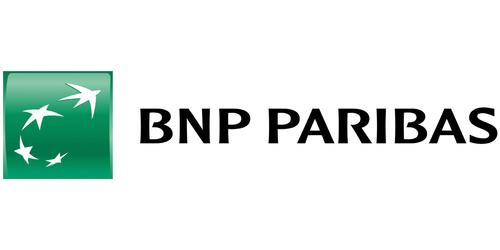
For more
We are pleased to present our annual newsletter, Brushstrokes!
Want to stay connected? If you use social media, you can now follow us on Facebook and Instagram.
What have you been up to? We would love to hear from you. Please contact our academic administrator Anna (hpark12@wellesley.edu) with items for the next edition of the newsletter.
East Asian Languages & Cultures Alumnae Corner
This site is dedicated to recent EALC and EAS alumnae, what they studied at Wellesley and how it impacted their post-graduate lives.
Are you an EALC/EAS alum? Send us your story!
Department of East Asian Languages & Cultures
106 Central Street
Wellesley, MA 02481



